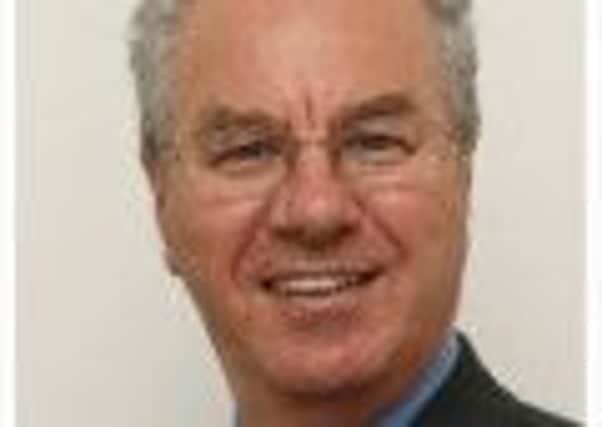Peter Kellner: Supporters of devo-max hold the key


For the moment, independence remains a minority passion. Averaging the polls over the past two years, since the SNP won the 2011 election and started the referendum ball rolling, the gap between the two sides has been pretty constant. Leaving aside the 20 per cent who aren’t sure, a steady 35-40 per cent want independence, while 60-65 per cent prefer Scotland to remain inside the United Kingdom.
Yet a recent YouGov poll for the SNP shows that most Scots want all decisions about their taxes, public spending, welfare and pensions to be taken in Edinburgh rather than London. This helps to explain why the most popular option is the one that won’t be on the referendum ballot paper: devo-max, or the transfer of much greater powers to Holyrood short of full independence.
Advertisement
Hide AdAdvertisement
Hide AdIn a way, the battle comes down to a contest to win the backing of those supporters of devo-max who are currently uneasy with both the status quo and full independence. Which way will they break in 500 days’ time? Currently, the Better Together campaign is ahead on points. Its recent emphasis on Scotland and the pound has helped. Few Scots want their own currency – and fewer still want to switch to the euro. And if Scotland is to keep the pound, then most voters think it better to stay in the UK, “allowing elected Scottish MPs to have a say in the decisions about the currency Scotland uses”. (That comes from a recent YouGov poll for Better Together: we have been polling for both sides.)
This far out from next year’s referendum, there is plenty of time for the public mood to change. If anyone can boost support for independence it is Alex Salmond. He is respected across the political spectrum in London as a truly exceptional politician.
That said, he has a huge mountain to climb – more Everest than Ben Nevis. It’s not just that the gap between the two sides is so consistently large. It is that the history of referendums round the world tells us that when a society is divided, floating voters usually end up rejecting change. Think back, if you are old enough, to the 1979 referendum. With two weeks to go, polls found a 60-40 per cent lead for devolution. The lead almost completely evaporated in the final days.
That didn’t happen in 1997. But by then a consensus had been built for Scotland to have its own parliament. All parties (with the sole exception of the hated Conservatives), business, unions, churches – indeed virtually every part of civil and political society – were on board. The referendum simply confirmed that consensus.
This time there is no consensus. Salmond needs either to build it, or to defy history if he is to secure the referendum victory he craves. If anyone can do it, he can; but as of now I would not bet too many pounds, euros or Scotdollars on him succeeding.
Maybe that’s why, behind the scenes, the talk is of a fallback target of 40 per cent for Yes vote. Achieve that, so the argument runs, and the pro-independence cause survives to fight another day, and another referendum, not too many years later. On the other hand, a Yes vote below 40 per cent would remove independence from the agenda for the foreseeable future. Just now, support for independence is nudging that level, with most polls putting the margin at slightly wider than 60-40.
So there is still much to play for. Even if next year’s referendum does not lead to the early departure of Scotland from the UK, the vote could have big long-term consequences. Salmond’s dream may not come true this time round. But he is just 58 and looks to be in excellent health. If he can lift the Yes vote to 40 per cent next year, then independence could still happen in his lifetime.
• Peter Kellner is president of YouGov